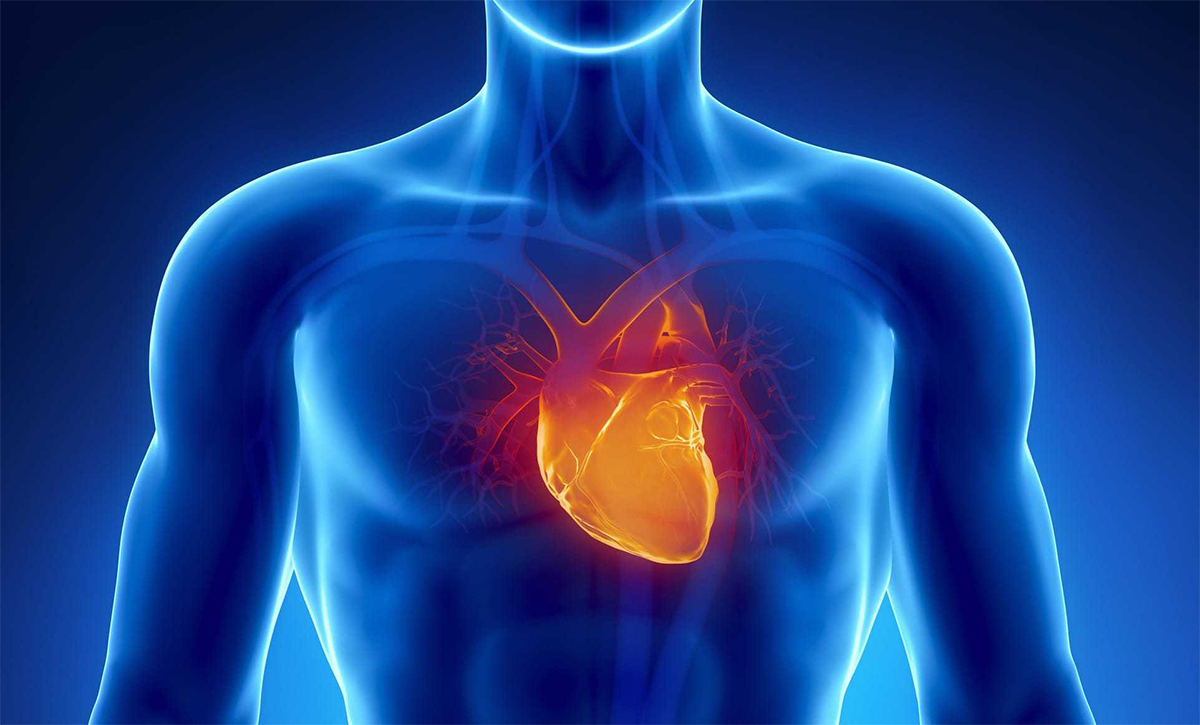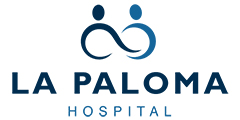Cardiovascular diseases cause 1 in 3 deaths in Spain and are the leading cause of death worldwide. The Canary Islands had figures below the national average, but two years ago the data reflects an increase in mortality due to cardiovascular causes.
What is cardiology?
The speciality of cardiology focuses on the study, diagnosis, and treatment of diseases of the heart and circulatory system. This branch of medicine is so wide that many cardiologists subspecialize in certain areas, such as surgery, heart rhythm disorders, coronary unit …
The role of cardiologists is vital, not only to control the disease once it has evolved but to prevent the development of risk factors and establish preventive guidelines to improve cardiovascular health.
Evaluating the symptoms, patients history and may recommend medical tests to establish an accurate diagnosis that allows him to fix the necessary treatment.
What increases the risk of heart disease?

There are scientifically proven factors that increase the risk of developing cardiovascular diseases, these are high blood pressure, tobacco, sedentary lifestyle, cholesterol, and diabetes.
Regarding diabetes, in the Canary Islands, there is a high incidence of this disease related to dietary habits rich in carbohydrates and a sedentary lifestyle. It is estimated that 30% of heart attacks have diabetes as a predisposing risk factor.
Cholesterol is another of the enemies of good heart health. When talking about cholesterol we mean a type of fat present in the blood. High cholesterol levels increase the risk of coronary artery diseases, especially in women.
Canary among the communities with highest ‘bad’ cholesterol levels
The Canary Islands together with Galicia, Extremadura and the Region of Murcia are the autonomous communities with the highest levels of LDL cholesterol, known as “bad” cholesterol. In Spain, more than half of the population has cholesterol above the risk level, that is, 200 mg / dL, which, maintained over time, increases the risk of cardiovascular disease.
Cholesterol is a fundamental factor from the cardiovascular point of view, it is very easily controlled and one of the most influential in the long term in the prognosis. Studies show that reducing between 20-30% cholesterol levels achieves a decrease of almost 40% in the probability of suffering a cardiovascular event.
When studying patient data, the relationship between HDL (good) and LDL (bad) cholesterol should be analysed. The first is responsible for transporting cholesterol from the tissues to the liver to be metabolized and eliminated. While the ‘bad’ performs the process in reverse by depositing cholesterol in the tissues.
The first thing that will be established will be a food guideline that, if it fails to reduce cholesterol levels, should be complemented with medical treatment.
Myocardial infarction can be avoided
Myocardial infarction is the most frequent cardiovascular disease and, according to the WHO, up to 80% of them could be avoided by controlling risk factors.
The infarction is the “death” of the cells of an organ, in this case, the myocardium (heart muscle), which occurs due to the insufficient blood supply that clogs the artery. This causes oxygen to not reach the myocardium and, therefore, does not produce energy to move.
Angina pectoris, atrial fibrillation, high blood pressure, strokes, and heart failure are other diseases of the cardiovascular system.
From 45 years of age, annual cholesterol and sugar controls should be carried out

The prevention and control of cardiovascular risk factors is essential to reduce the chances of suffering cardiac events. Here are some recommendations:
- Follow a diet low in salt and fat
- Perform, moderate exercise for 30 minutes, at least three or four days a week. The most advisable activities are walking, running, dancing, swimming or cycling.
- Keep sugar, cholesterol and tension levels under control. From the age of 45, an annual check must be carried out, together with a complete analysis.
- Quit tobacco This is a modifiable habit of life with a great influence on all aspects of the organism.
Cardiology Unit Hospital La Paloma
When we face heart disease it is important to find the most appropriate specialist. At Hospital La Paloma we perform general controls, from analytical, weight and blood pressure controls to electrocardiograms, which allow us to control the patient’s cardiac function.
The objective is to make an initial forecast of the real risk of the patient to start implementing healthy lifestyle and activity habits capable of controlling and reducing risk factors.









